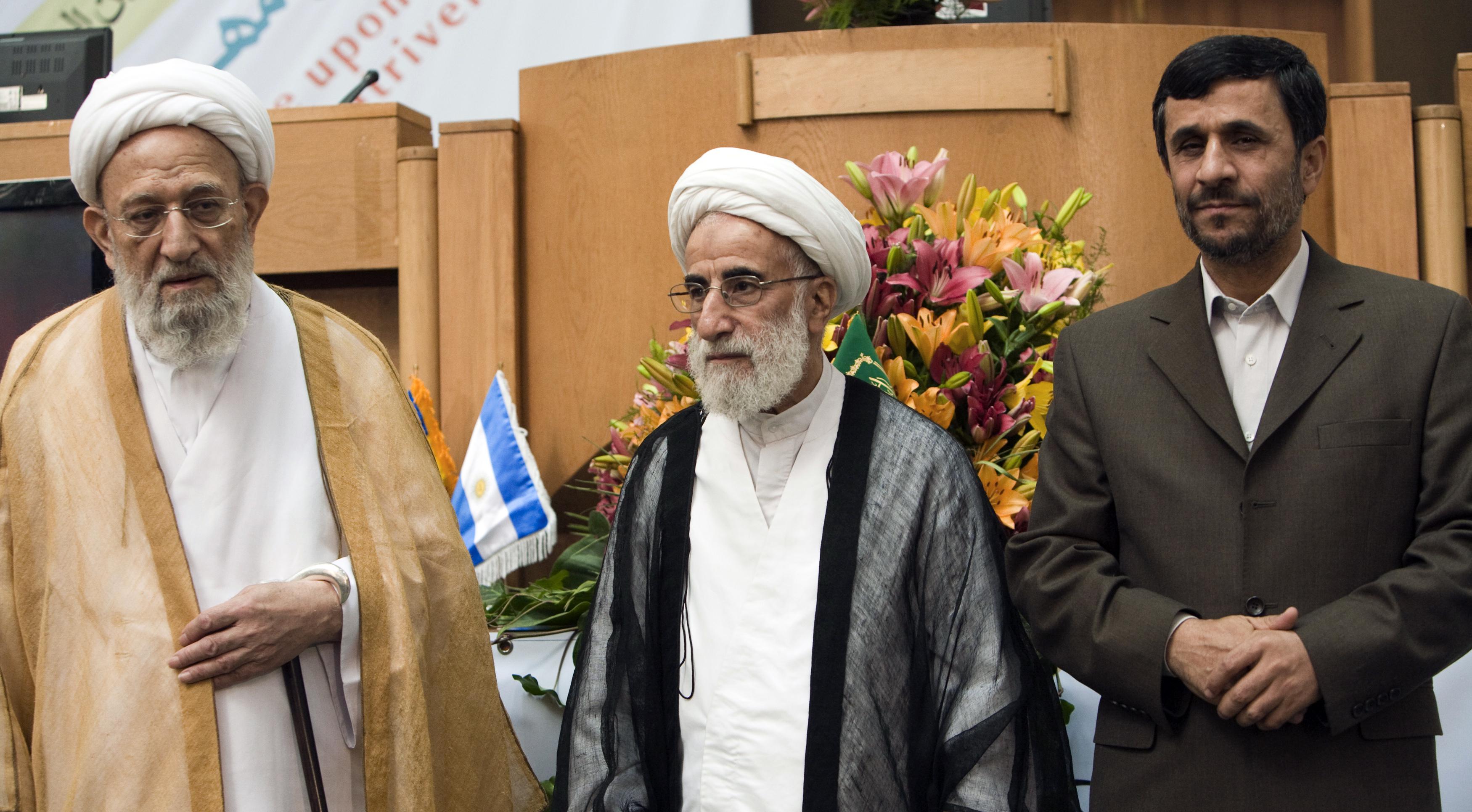83-year-old Ayatollah Mohammad Reza Mahdavi Kani died on Tuesday in Iran. And while Kani was not necessarily a well-known figure outside of his own country, his death may have international significance: he was the chairman of Iran’s Assembly of Experts, the body that will choose the next Supreme Leader of Iran. With the inconsistent health of 75-year-old Supreme Leader Ali Khamenei, who recently underwent prostate surgery, that could be a that’s made sooner rather than later.
The Assembly of Experts, a group that’s been described as roughly analagous to the Vatican’s College of Cardinals, is a body of 86 religious leaders. They’re elected—but must be chosen from among the clergy and be pre-approved by a separate council of 12 legal experts appointed by the Supreme Leader and the Parliament. Although Kani’s death is unlikely to cause any obviously visible unrest or conflict, the composition of the Assembly of Experts has been a key indicator of Iran’s political landscape and a litmus test of who holds relative political power. Kani—a “moderate conservative,” per the AP—became chairman of the Assembly in 2011 when moderate Akbar Hashemi Rafsanjani withdrew his bid for reelection as chairman following intense pressure and threats of violence from hardline supporters of Mahmoud Ahmadinejad. Earlier this year, Ayatollah Ahmad Jannati, one of the most powerful right-wing clerics in Iran and the head of the Guardian Council that vets Assembly candidates, claimed vaguely that a (presumably non-conservative) plot to seize the Assembly was afoot.
With rumors of Khamenei’s ailing health and impending death swirling pervasively enough that his surgery earlier this year was accompanied with an aggressive PR push perceived to be a preemptive strike against gossip, it’s not unlikely a leadership transition will take place in the near future. If and when that happens, the old-guard clerics of the Assembly of Experts and the Islamic Revolutionary Guard are expected to compete for power. The latter group, which is powerful in the more earthly realms of the military and the economy, has played an increasingly expansive role under Khamenei, with whom it has a close and mutually dependent relationship, and is not expected to relinquish that power easily.
Kani, who was 83, had been in a coma since suffering a heart attack in June. Since then, Ayatollah Mahmoud Hashemi Shahroudi has assumed the role of acting chairman, and is expected to continue on in that capacity until the election of the next assembly in early 2016. Although Shahroudi is not considered particularly hardline by Iranian standards, Al-Monitor writes that in general Kani’s death leaves Iran’s more moderate clergy “at the mercy of more extreme leaders.”
